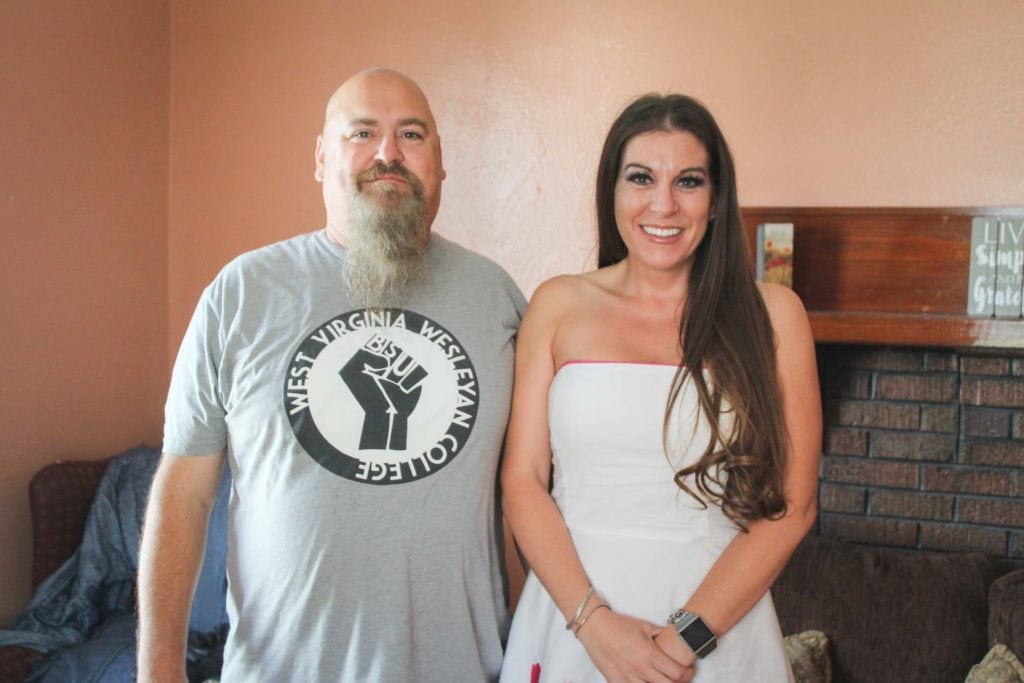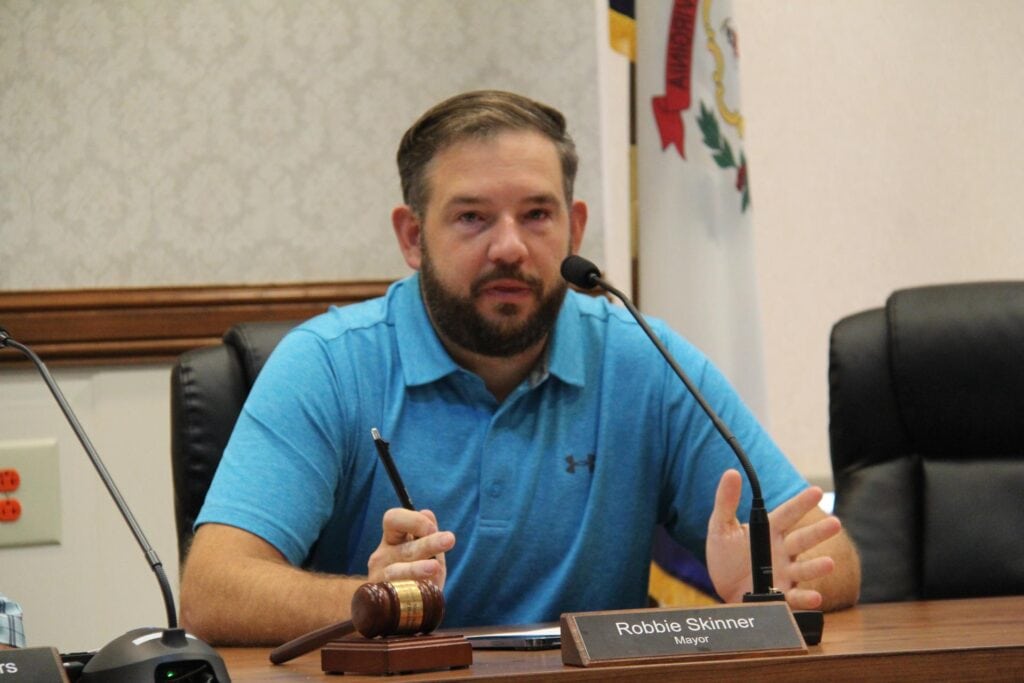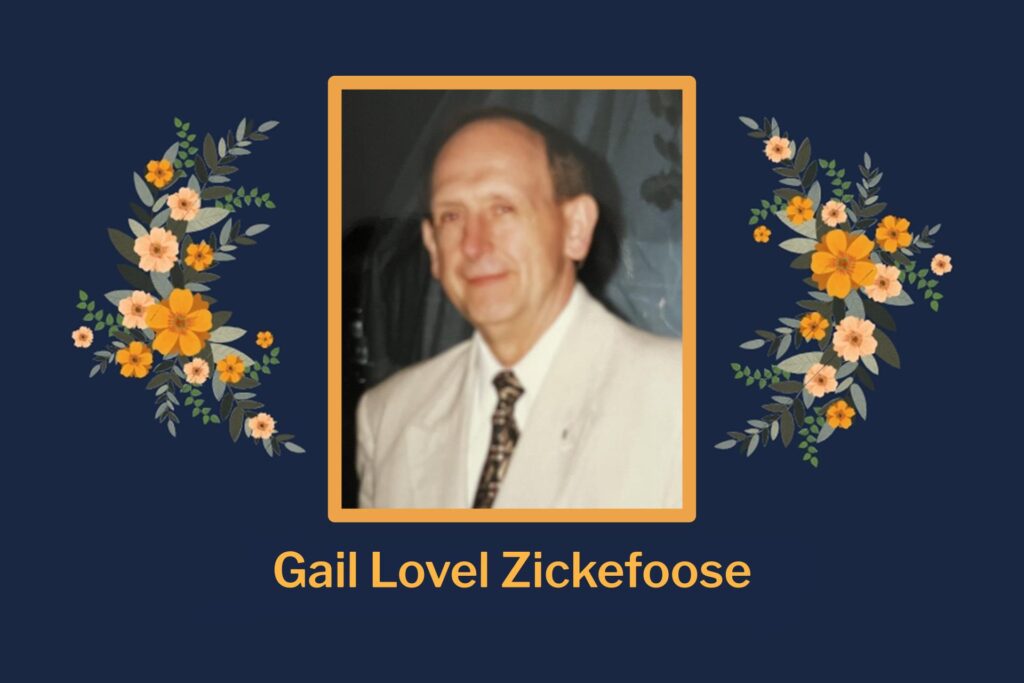BUCKHANNON – The Opportunity House has reopened Serenity House, a house for women’s recovery.
Matt Kerner, executive director of Opportunity House, said the nonprofit addictions recovery center currently has three recovery houses and three other buildings.
“We wanted to provide women the same opportunities that we’ve been providing men,” Kerner said. “Everybody deserves to recover. We’re going to integrate the houses, so what that means is they’ll be living separately, but during the day, everybody goes to the Recovery Center.”
The mission of Opportunity House is to provide a safe, supportive environment to those working to recover from addiction. According to its website, organization helps residents develop a personal plan of recovery while providing support in clearing up past life problems and assisting them in honing the skills needed to lead successful lives.
The Recovery Center is located at the corner of Cleveland Avenue and Fourth Street in Buckhannon.
Six women can live in the Serenity House, but Kerner said he already had four interviews set up, and he anticipates the home will be occupied quickly.
So, what happens when someone joins a recovery community like the one at the Serenity House?
“When someone comes, we will establish a treatment plan for them, so we’re going to look at what this person needs to get their life back on track starting with the basics,” Kerner said. “Do you have ID? Do you have a birth certificate? Do you have fines that need to be paid off? Do you have classes you need to take? Essentially, we look at what people need to get their life back on track, so that when they leave here, they’re not hampered by these barriers to be successful.”
When a person moves into one of their recovery homes, the agency asks their residents to determine a weekly schedule and then every morning, the house has morning meditations.
“We get together for a morning meditation, meaning we do some spiritual work,” Kerner said. “The big point behind that is to give the staff a chance to put eyes on everybody, to communicate with everybody, make sure everybody seems okay, make sure everything’s going according to plan.”
He said residents also get a few hours to themselves, during which they can schedule doctor’s appointments or legal appointments, and then at noon, everyone goes to the Recovery Center for lunch.
“From 1-2 p.m., in order to have some sort of contact with the outside world, we’re logging into some sort of 12-step Zoom meeting from somewhere in the world,” Kerner said. “We’ve done them from all over this country and even some from the U.K.”
From 2 p.m. to 4 p.m. the residents participate in group therapy that could involve therapeutic writing or anger management, for instance. Kerner said normally, Opportunity House staff encourages residents to find jobs, but because of COVID-19, they are not currently charging rent.
“Because of COVID, we’re actually keeping everyone at the house or the center,” Kerner said. “That also means that we’re not charging rent or anything because it would be kind of unfair to tell somebody, ‘You can’t work, but we expect you to pay rent.'”
The Opportunity House asks potential residents to make a six-month commitment and the agency typically has a cap of two years, unless there are special circumstances.
“Previously, we asked for a 90-day commitment and we try to track people for about a year-and-a-half,” Kerner said. “We try to see if this person is still attending meetings, if they are actively involved in recovery, if they are still employed, if they have created any new legal problems for themselves. What we found was, people who were here for six months were 300 percent more likely to be still in recovery 18 months later than if they’d only been here for 90 days.”
Kerner emphasized how important it is for someone in recovery to change their environment.
“With a lot of people, their problem was their environment,” Kerner said. “The first thing we tell people in recovery is, ‘you have to change your playmates, your playground, your play things.’ Somebody that I’ve been talking to for a while was in prison and needed to get out; however, he can’t go home, even if his family wanted him there, because the entire family’s addicted.”
Kerner said the Opportunity House works with a lot of people throughout the state, but not very many from Buckhannon.
“We get people from all over the state, but we don’t do as well with people from here because they’re just a phone call away or a walk down the street away from seeing their old drug dealer,” Kerner said. “Sometimes, it’s better initially, to get away. It might not be a lifelong change, but you have to leave until you’re stable and your recovery is solid.”
Tessa Smith, peer recovery support specialist, said living in a recovery house also has a helpful social aspect.
“Let’s not overlook the social support,” Smith said. “People do a lot better in a social situation, where they’re recovering with other people who are also trying to recover, as opposed to trying to do it alone.”













